Major sports competitions like the Olympics and World Cups carry significant political weight. These events are more than just athletic showcases. They serve as platforms for countries to display power and influence. Let’s explore the political stakes behind these grand events.
National Pride and Unity
Hosting the Olympics or World Cup fosters national pride. Countries invest heavily to impress the world. They build new infrastructure and improve facilities. This process boosts national morale and unity. Citizens rally behind their country’s efforts. Hosting also provides an opportunity to show national progress. For instance, successful IviBet login during these events can illustrate technological advancement.
Diplomatic Relations
Sports events can improve diplomatic relations. Countries often use these platforms to strengthen ties. They engage in cultural exchanges and partnerships. Hosting an international event invites global leaders. This fosters dialogue and cooperation. For example, the Olympics in China showcased diplomatic outreach. It presented China as a global power willing to engage.
Economic Impact
The economic impact of hosting is profound. Major investments in infrastructure are required. This can boost the local economy. Tourism increases as fans visit from around the world. Local businesses thrive during these events. However, the economic benefits are sometimes debated. Not all host countries see long-term gains.
Political Agendas
Governments use these events to push political agendas. They promote national policies and ideologies. Hosting can distract from internal issues. It can serve as a tool for propaganda. For example, Nazi Germany used the 1936 Olympics to promote its ideology. Such events become a stage for political messaging.
Soft Power
Hosting sports events enhances a country’s soft power. It influences how others perceive the host nation. Positive exposure can improve international standing. It shows the host as capable and welcoming. Soft power is crucial in global diplomacy. Countries use it to gain allies and influence.
Controversial Selections
The selection of host countries is often controversial. Politics play a significant role in these decisions. Some selections face global criticism. Issues like human rights records come under scrutiny. For instance, Qatar’s selection for the World Cup faced backlash. Concerns over worker conditions and rights were highlighted.
Social and Environmental Concerns
Major sports events raise social and environmental concerns. Large-scale construction can displace communities. Environmental degradation is also a risk. Governments must balance development with sustainability. Social issues like labor rights often emerge. These concerns can spark global debates.
Legacy and Sustainability
The legacy of these events is critical. Hosts aim for long-term benefits. They plan for post-event use of facilities. Sustainability is a growing focus. Countries aim to minimize environmental impact. Successful legacies boost national pride and economy.
Security Challenges
Hosting brings significant security challenges. Large gatherings are potential targets for attacks. Hosts invest heavily in security measures. Ensuring safety is a top priority. Effective security enhances the event’s success. It also builds global confidence in the host.
Media and Publicity
Media coverage is extensive during these events. Hosts receive global attention. This is an opportunity to shape public perception. Positive media portrayal boosts the country’s image. It highlights achievements and progress. However, negative coverage can harm the host’s reputation.
Human Rights Issues
Human rights issues often arise during these events. Hosting can draw attention to a country’s record. Activists use the platform to highlight abuses. Hosts face pressure to address these concerns. The global spotlight can lead to positive changes.
Political Boycotts
Boycotts are a political tool used against hosts. Countries may boycott for various reasons. Political disagreements or human rights issues can trigger boycotts. Boycotts impact the event’s success. They draw attention to underlying political issues.
Cultural Diplomacy
Sports events promote cultural diplomacy. They showcase the host’s culture to the world. Cultural exchanges foster mutual understanding. This strengthens global relations. Cultural diplomacy is a soft power tool. It enhances the host’s global image.
Geopolitical Tensions
Geopolitical tensions often surface during these events. Rival countries may compete fiercely. These competitions reflect broader political conflicts. Hosts must navigate these tensions carefully. Managing geopolitics is crucial for event success.
Future of Sports Events
The future of sports events lies in addressing these challenges. Hosts must prioritize sustainability and human rights. Transparency in selection processes is vital. Balancing political interests with global expectations is key. The evolving landscape demands responsible hosting.
Conclusion
Major sports competitions like the Olympics and World Cups are politically charged. They influence national pride, diplomacy, and economics. Hosts face numerous challenges and responsibilities. The political stakes are high. Balancing these elements is crucial for success. These events will continue to shape global politics and relations.
You can view the original article HERE.





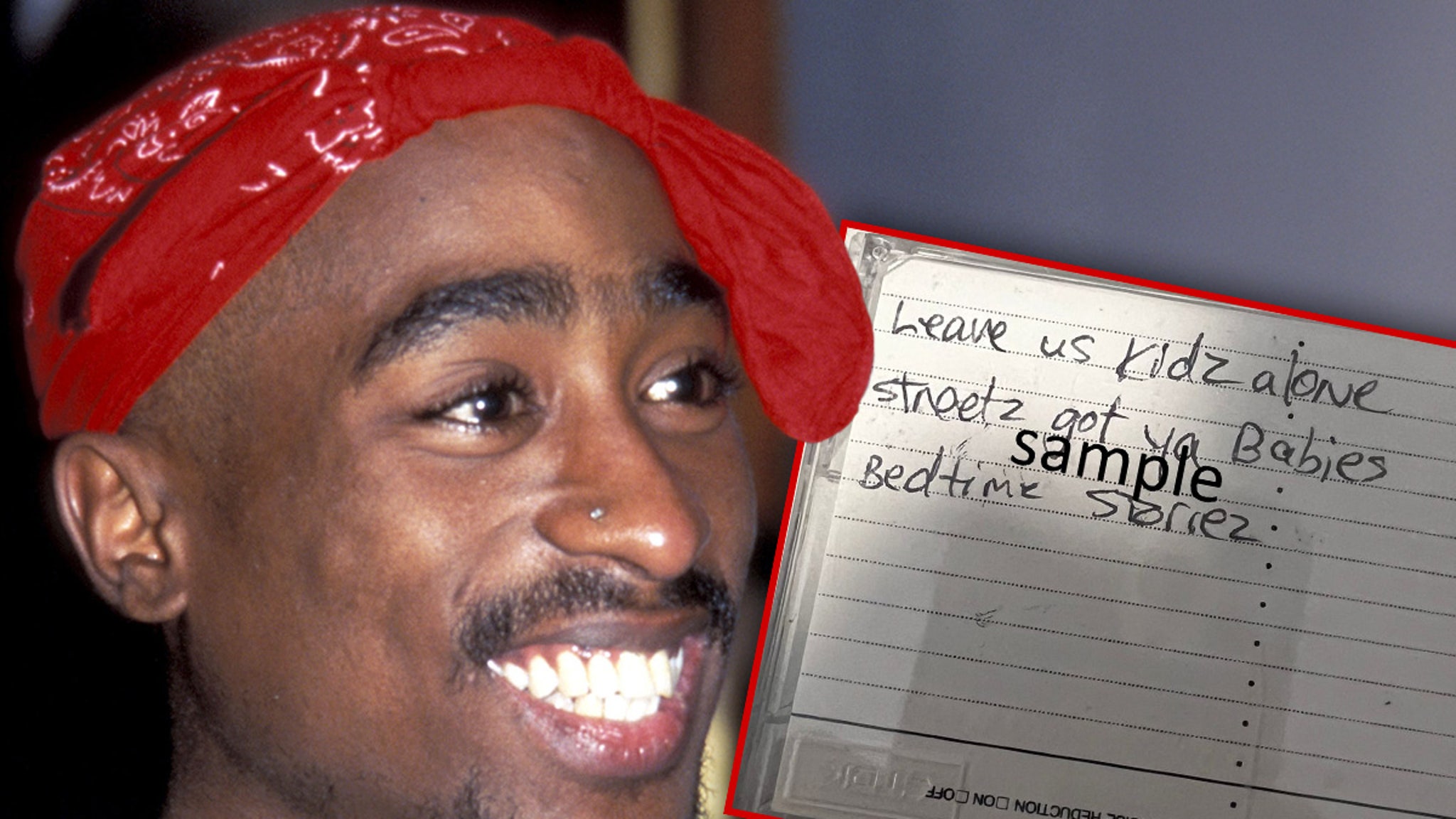







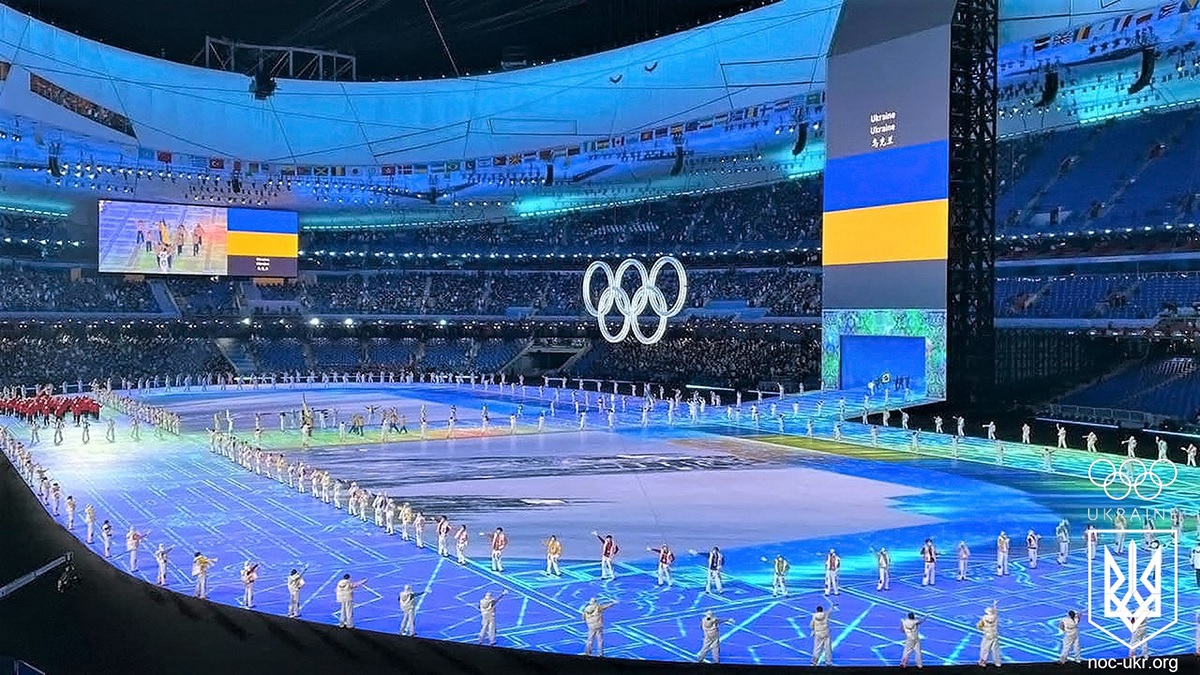




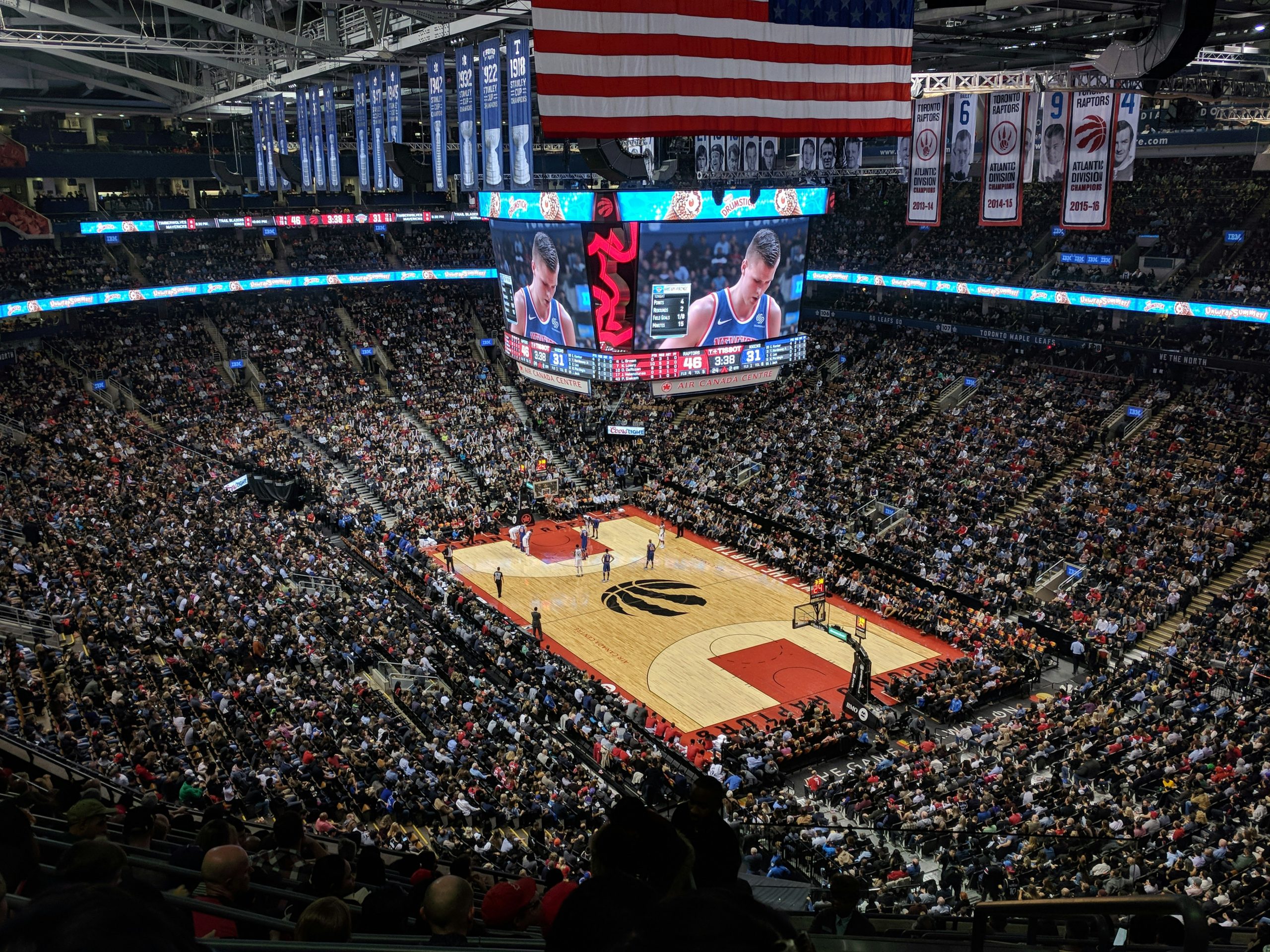



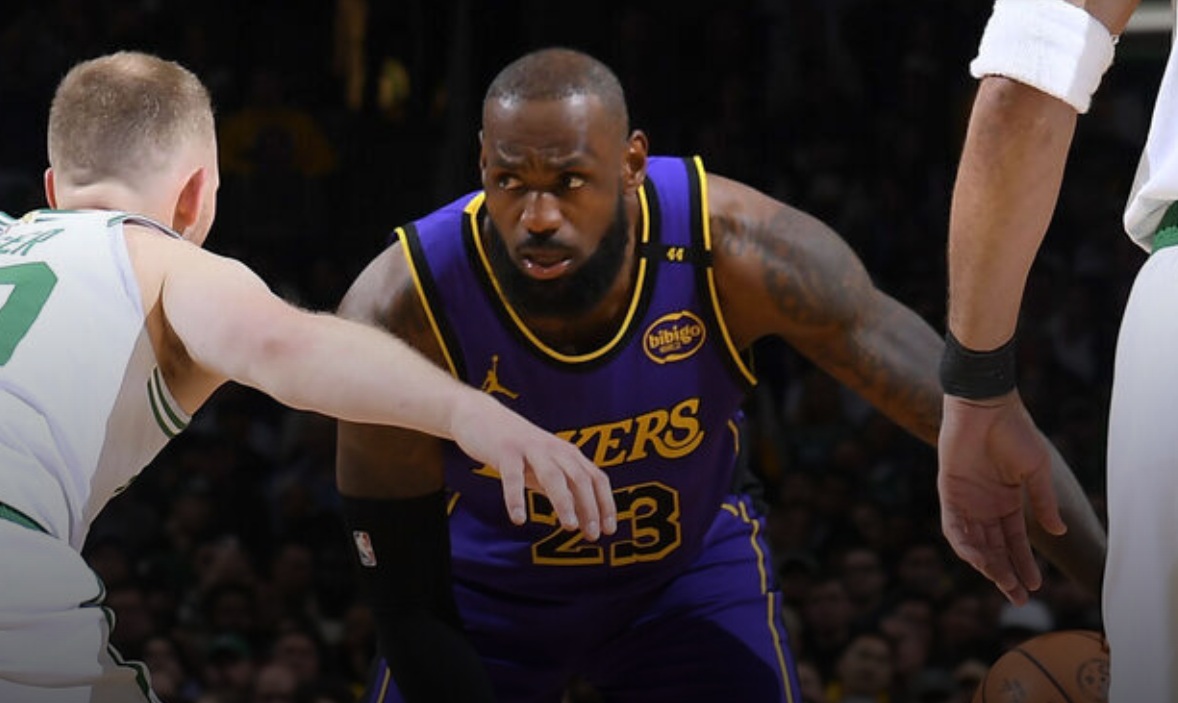

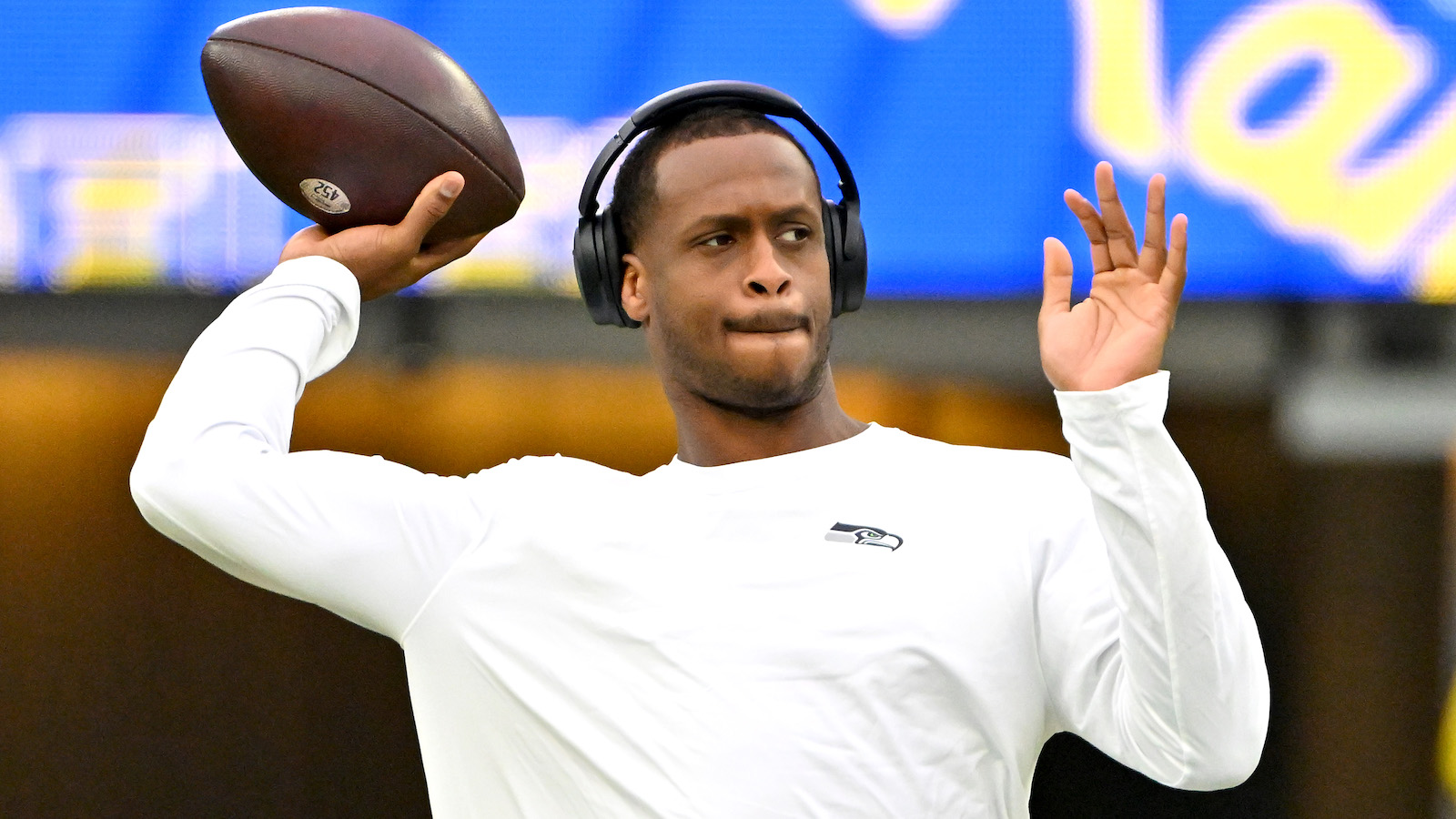
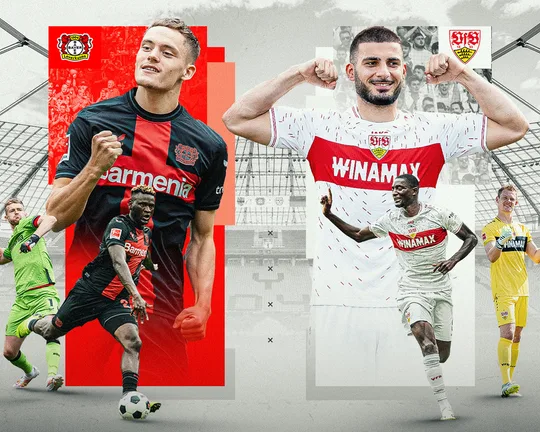



:quality(85):upscale()/2025/03/08/601/n/1922564/c69f7e2e67cc457eb25755.07032611_.jpg)
